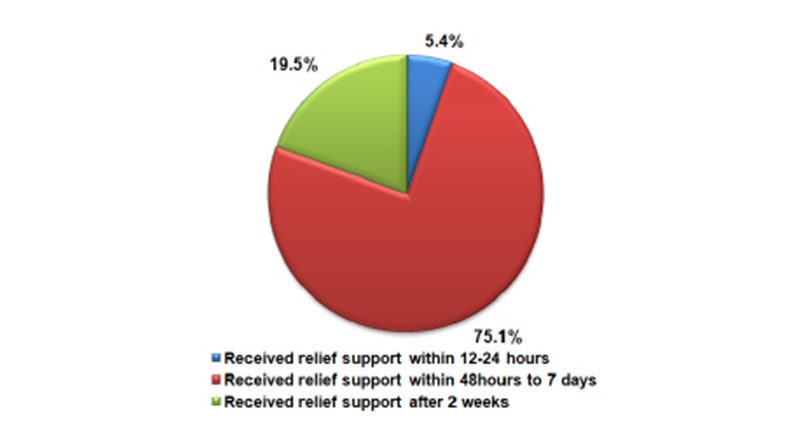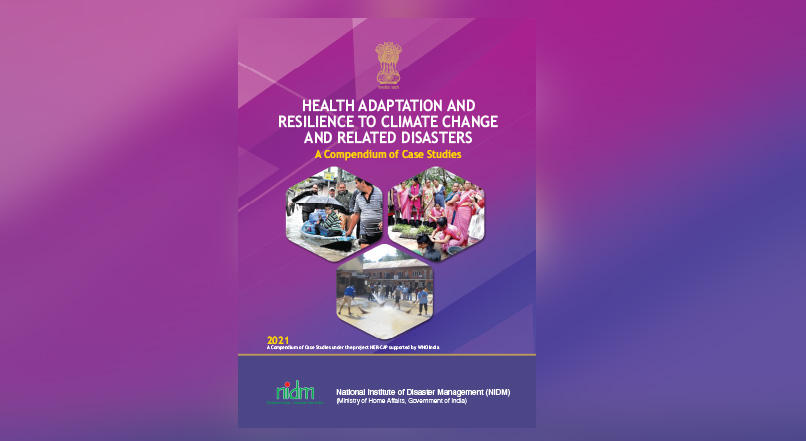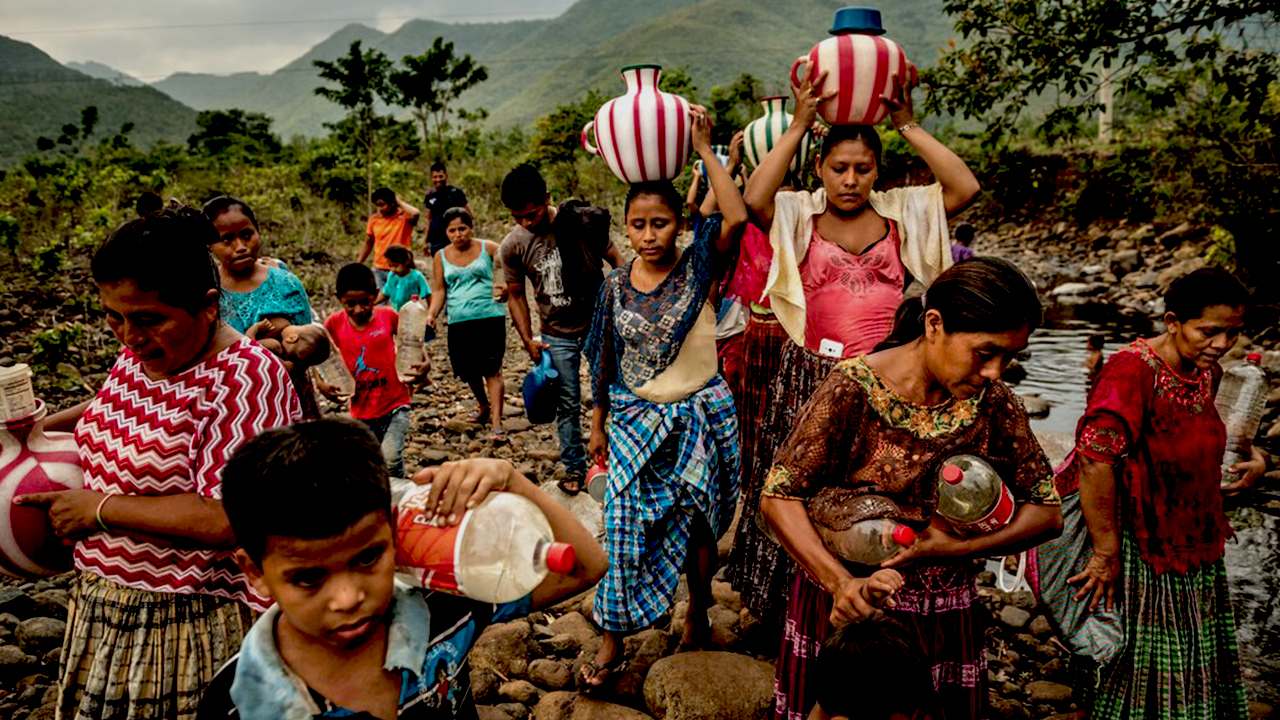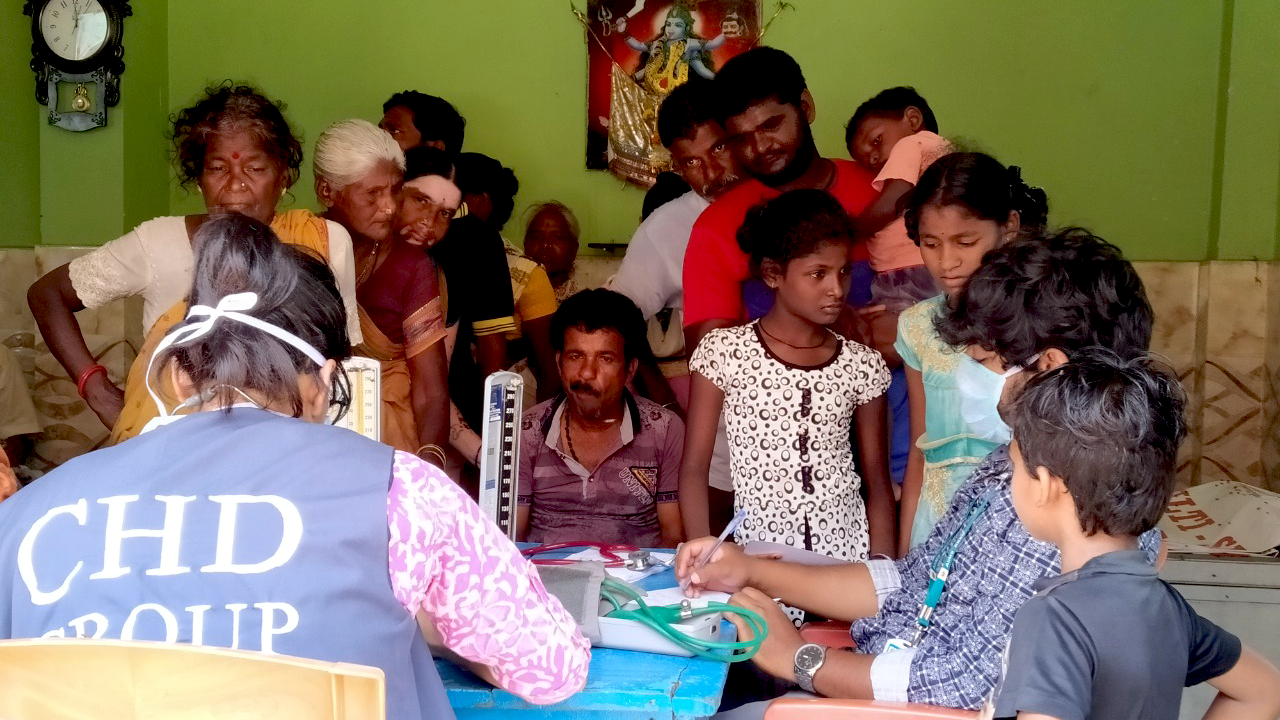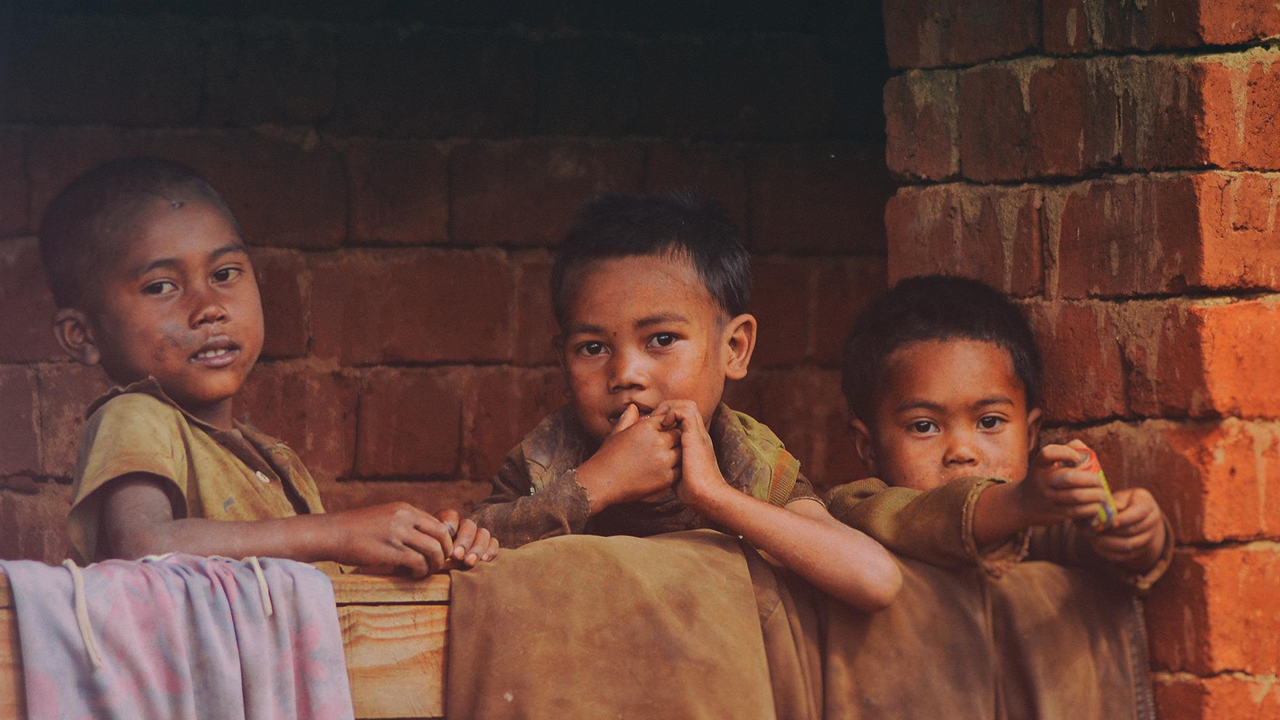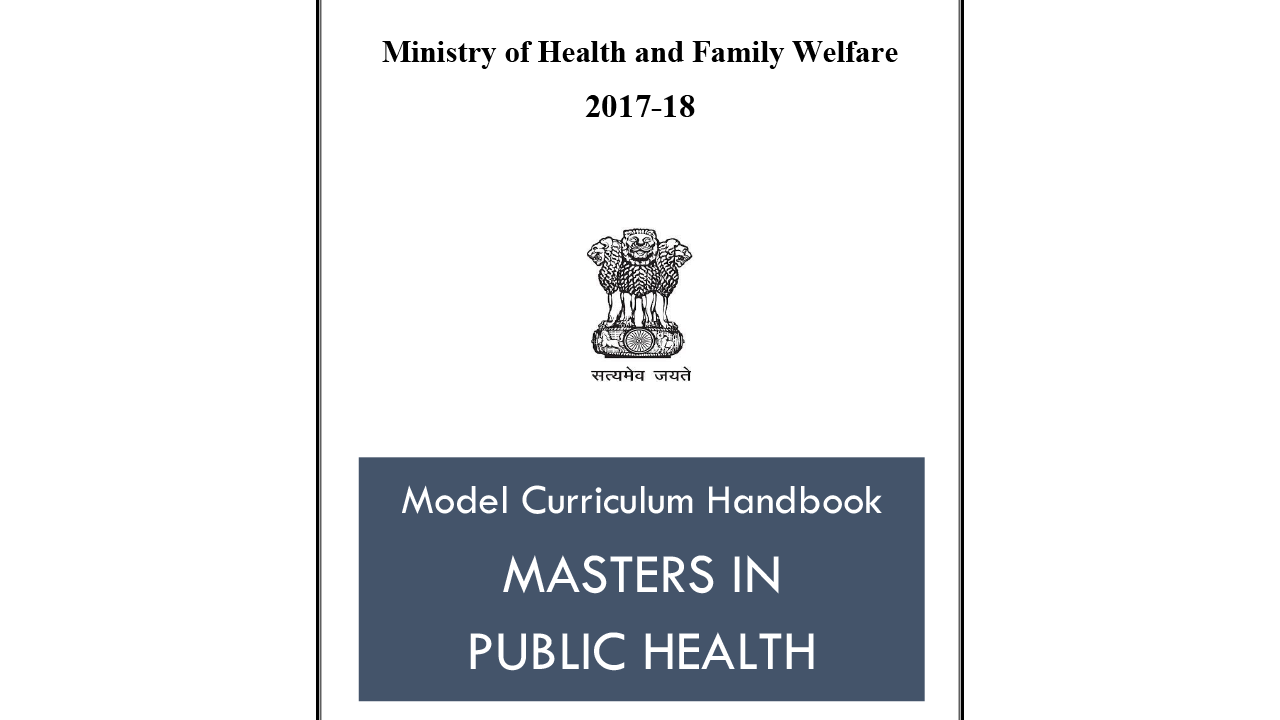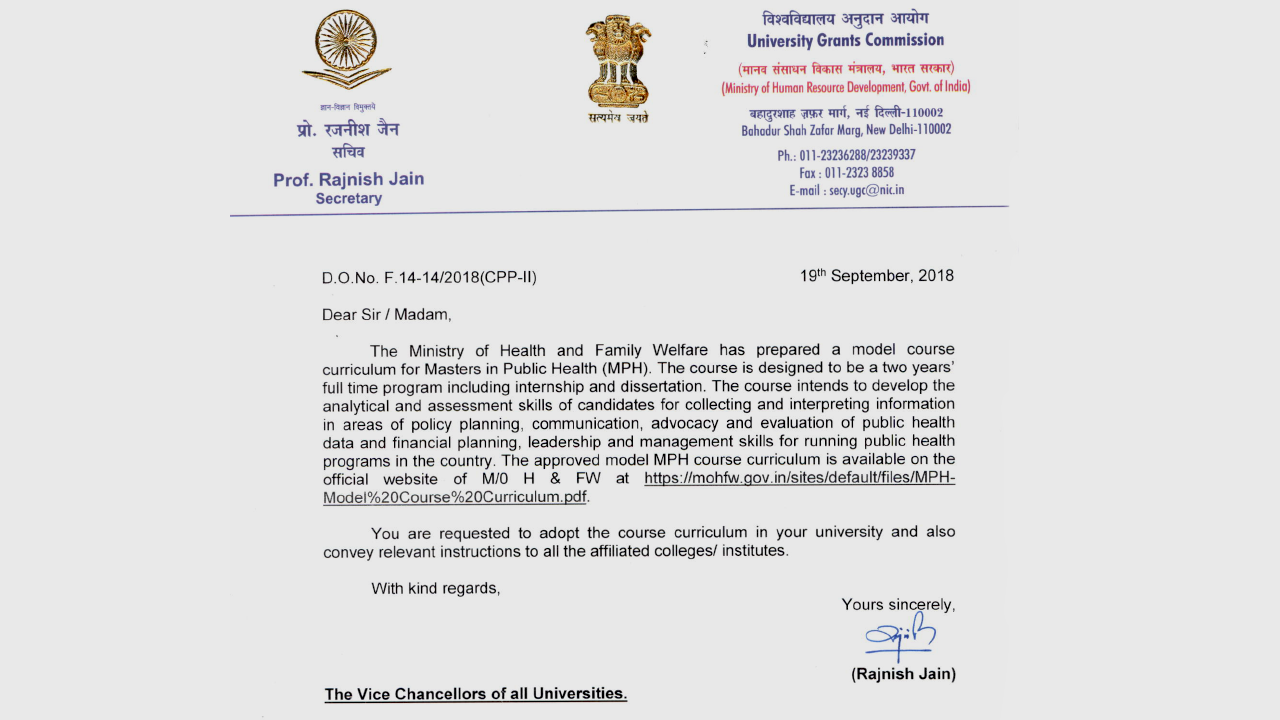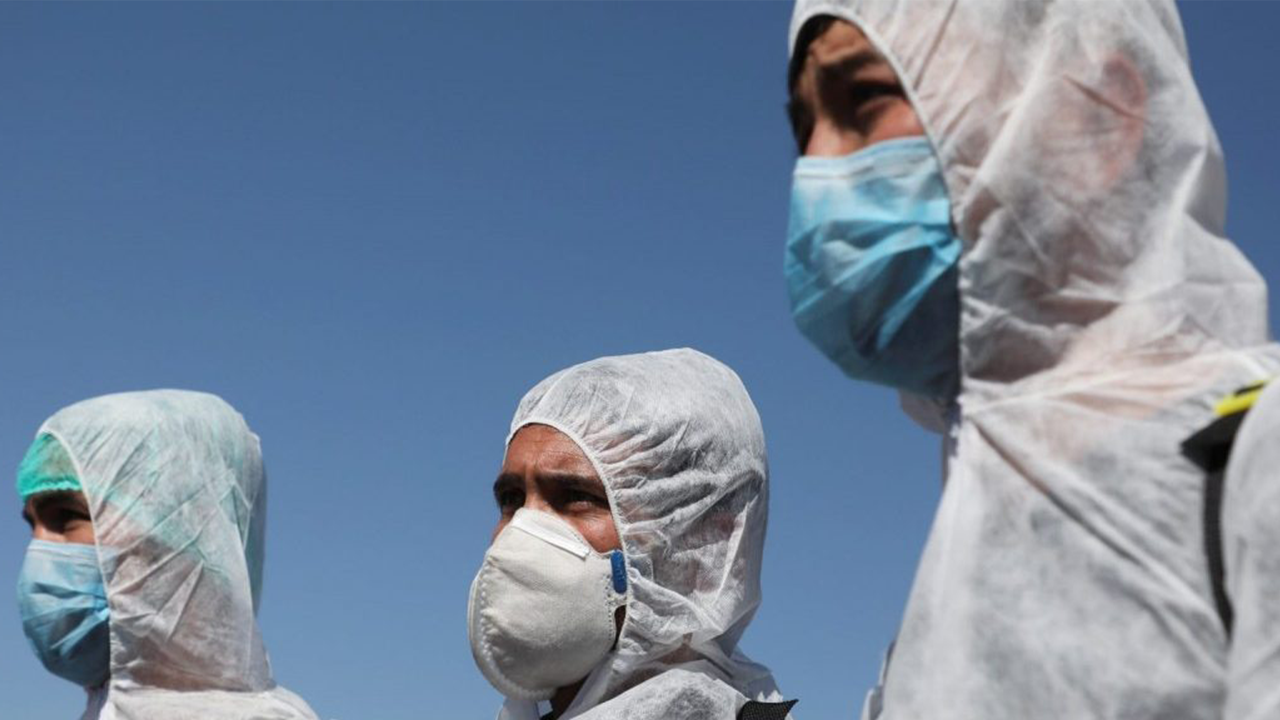The covid-19 pandemic has reshaped our lives in numerous ways and one of these is digital health. We have witnessed the revolutionizing of telemedicine, digital therapeutics, and digital innovations in medicine. Despite the digitalization & innovation in medicine and healthcare, health inequity has increased majorly. There are 3 prime factors that are important to be…
Read MoreDisasters and emergencies became a part of communities around the world. Local communities or existing infrastructures are not designed and framed to withstand the consequences of emergencies that are happening presently around the world. The extended shortcomings to support the post-disaster phases and rehabilitation in communities breaks down the expectations and hopes of sustainable growth…
Read MoreBuilding community resilience calls for understanding how systemic risks influence policy outcomes and why existential gaps need to be plugged to tackle the nexus of public health consequences – extreme weather events and natural disasters. The pandemic has exposed the fault-line threadbare which imposes new questions and also calls for an amendment to the Disaster…
Read MoreMalnutrition is a condition, where deficient or excess nutrient intake or imbalance of required micronutrients is on daily recommendations. The double burden of malnutrition (DBM) concept first emerged in the year,1992 at the International Conference on Nutrition (ICN) conducted by the Food and Agriculture Organization of the United Nations (FAO) and the World Health Organization…
Read MoreCorresponding Author: Dr. Fatemeh RezaeiEmail: f.rezaei.pro@gmail.com Adopting effective coping strategies in a worsening crisis situation require authorities to identify, assess, and plan immediately the situation. The challenge we are currently facing in Iran is COVID-19, which has received widespread attention due to the rising number of death and illnesses in the community. The Iranian government…
Read More


